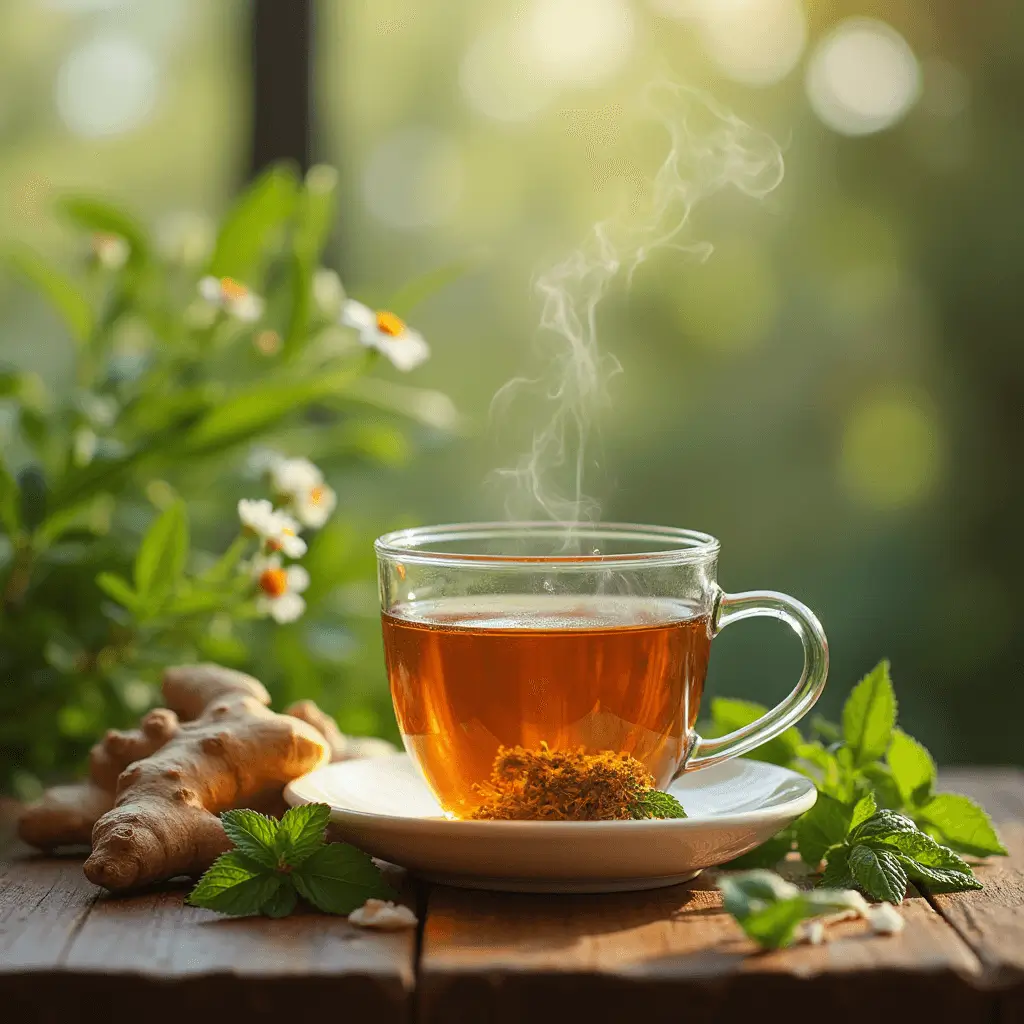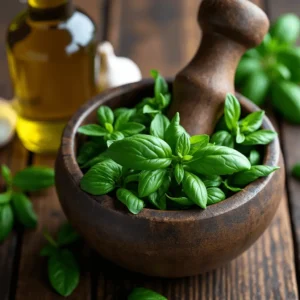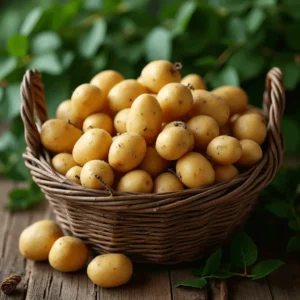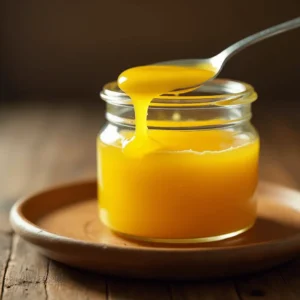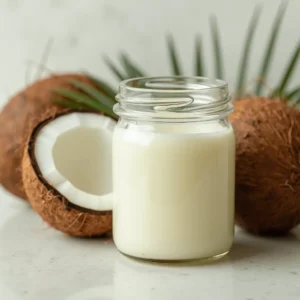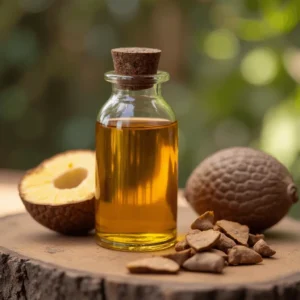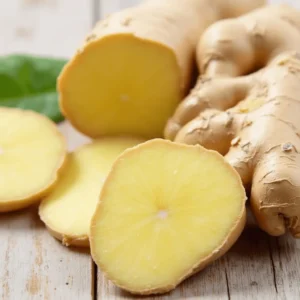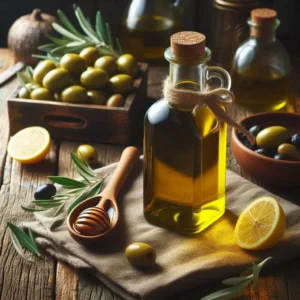Herbal infusions are everywhere — calming chamomile teas, revitalizing ginger brews, detox blends promising miracles. But are they as magical as they sound? Let’s explore the true benefits of these plant-based elixirs and uncover the potential risks that often go unnoticed.
🌿 What Are Herbal Infusions?
Herbal infusions are beverages made by steeping herbs, flowers, roots, seeds, or spices in hot water — just like tea, but without actual tea leaves. They’re caffeine-free (in most cases) and have been used for centuries in traditional medicine.
✨ Health Benefits of Herbal Infusions
🧘 1. Promote Relaxation & Better Sleep
- Chamomile, lavender, and lemon balm are known for their calming effects.
- These infusions help reduce anxiety and support restful sleep, making them ideal for winding down at night.
💧 2. Support Digestion
- Peppermint, ginger, and fennel infusions help ease bloating, gas, and indigestion.
- They stimulate digestive enzymes and soothe the gastrointestinal tract.
💪 3. Boost Immunity
- Elderberry, echinacea, and turmeric infusions are rich in antioxidants and anti-inflammatory compounds.
- They can help prevent colds and flu, especially when consumed regularly during seasonal changes.
🍋 4. Detoxify Naturally
- Dandelion root, nettle, and parsley infusions support liver and kidney function.
- These herbs help flush out toxins gently while supplying essential minerals.
⚠️ Potential Risks You Should Be Aware Of
While herbal infusions are natural, natural doesn’t always mean harmless. Here are a few things to consider:
🚫 1. Possible Allergic Reactions
- Some herbs can cause skin rashes, itching, or even respiratory issues in sensitive individuals.
- Example: Chamomile is in the same family as ragweed and may trigger allergies.
🍼 2. Not Safe for Everyone
- Pregnant or breastfeeding women should avoid certain herbs like licorice root, sage, or pennyroyal, which can affect hormones or uterine muscles.
- Always consult a healthcare provider before using herbal infusions during pregnancy.
💊 3. Interactions with Medications
- Herbs like St. John’s Wort, ginkgo, or ginseng may interfere with medications for blood pressure, depression, or diabetes.
- Herbal infusions can also enhance or weaken the effects of some prescriptions.
🍵 4. Overconsumption Can Be Harmful
- Drinking too much of a strong infusion (e.g., dandelion root) may lead to dehydration or electrolyte imbalance.
- Remember: Moderation is key, even with natural remedies.
🌿 Popular Herbal Infusions & How to Use Them
If you’re just getting started with herbal infusions, here are some tried-and-true favorites, along with tips to enjoy them safely and deliciously:
🍵 Chamomile
- Best for: Relaxation, sleep, and mild anxiety.
- How to use: Steep 1–2 teaspoons of dried chamomile flowers in hot water for 5–10 minutes. Add honey for extra comfort.
- Tip: Drink 30 minutes before bedtime for optimal results.
🌱 Peppermint
- Best for: Digestion, bloating, and mental clarity.
- How to use: Use fresh or dried peppermint leaves, and steep for 7–10 minutes. Serve hot or cold.
- Tip: Great after a heavy meal to calm your stomach.
🌼 Hibiscus
- Best for: Heart health and hydration.
- How to use: Steep dried hibiscus petals in boiling water for 10 minutes. Sweeten slightly — it’s tart like cranberry!
- Tip: Serve iced for a refreshing summer drink.
🫚 Ginger
- Best for: Nausea, colds, and inflammation.
- How to use: Slice fresh ginger root and simmer in water for 10–15 minutes.
- Tip: Add lemon and a pinch of cayenne for a powerful immunity shot.
🌿 Nettle
- Best for: Detoxification and iron support.
- How to use: Use dried nettle leaves and steep for 10 minutes.
- Tip: Combine with mint or lemon balm to soften the earthy flavor.
These examples show that infusions can be tailored to your needs — energizing in the morning, calming at night, or supportive during a cold. Just like any wellness habit, listen to your body and adjust your routine accordingly 🌸✨.
🛎️ Tips for Safe & Enjoyable Use
- ✅ Stick to trusted, organic brands that list full ingredients.
- ✅ Start with small doses if you’re trying a new herb.
- ✅ Avoid long-term use of detox blends — they’re not meant for daily life.
- ✅ Always talk to your doctor if you have any medical condition or take medications.
🌼 Final Thoughts
Herbal infusions are a beautiful, natural way to nourish your body and soul — when used wisely. They offer countless benefits, from stress relief to immune support, but it’s crucial to respect their power. 🌱💫
Whether you’re sipping a cup of soothing chamomile or invigorating ginger, take a mindful pause, enjoy the ritual, and let nature work its gentle magic ✨



